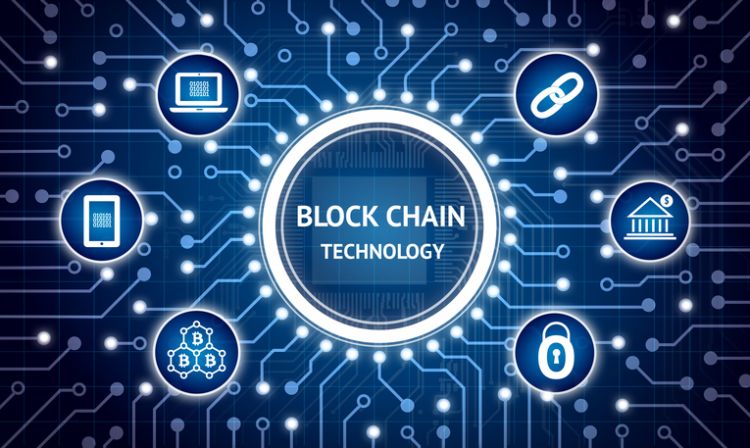Blockchain Is Poised to Help Global Housing

The ecosystem, as well as a variety of regulations, processes and legacy solutions within it, are plagued with issues. The most obvious is the time it takes to complete a real estate transaction, not including communications or back-and-forth negotiations between parties.
There are other flaws too, of course. Real estate agents, for example, take a huge portion of money exchanged during a property transaction — up to as much as six percent in some cases. As a result, intermediary fees can balloon quickly, decreasing potential gains of a solid investment.
According to the National Association of Realtors, nearly 80 percent of all home buyers still use an intermediary during a transaction — what you know of as a real estate agent. But why is this activity a big deal? After all, the real estate industry has been powered by agents and intermediary companies for decades now.
The issue is that today, there’s really no need for it, especially with modern digital platforms and technologies. Homebuyers and investors could do exactly what agents do, provided they have the right tools and guidance. It’s the transactions, paperwork and outdated processes — especially when working with banks and financial institutions — that cause the most fuss. Get rid of those old-school problems, and you’re looking at a new, innovative industry with a very bright future.
Many 2018 moving trends, for example, honor a crowdsourced market where buyers and sellers are empowered, exactly the kind of thing blockchain can help facilitate. Today’s sellers, for example, will spend more time researching an area they’re considering moving to. Even so, they’re more inclined to make short-term moves with ideal location traits which means they will constantly be exploring market opportunities and doing their own scouting sans real estate agents. Effectively, we could see a market where the middlemen or main players — who thrive in yesterday’s market — no longer play a role.
The question then becomes, how do we make all this happen? With blockchain, because it provides immense potential for advancing the real estate and global housing industry.
What Is Blockchain and How Can It Help Real Estate?
The blockchain is a relatively new technology originally developed to support Bitcoin, one of the most popular cryptocurrencies in existence. If you know nothing about crypto, don’t worry — it’s not significant here. What we’re really interested in is the tech or foundation that supports the use, transfer and valuation of cryptocurrencies, called Blockchain.
In short, it’s nothing more than a digital ledger in which transaction histories and vital data can be recorded and reviewed. The nature of the technology allows for increased transparency and traceability, as well as much-improved accessibility for all. Perhaps even more important are the additional layers of security it offers, particularly in regard to authentication for users accessing the chain and exchanging data. If deployed or implemented within the real estate industry, the aforementioned traits would prove invaluable.
On the surface, blockchain can help eliminate the need for intermediaries altogether, including not just agents but also lawyers and financial experts. Buyers all along the chain would have the proper verification to deal directly with sellers and property owners.
How Could Blockchain Do Such Remarkable Things?
To understand why blockchain technology would provide the aforementioned benefits, you need to grasp how it works. Blockchain is a shared digital ledger that includes data pertaining to transactions. The information is stored in something called a chunk or a block, and each dataset (block) is connected to the ones that came before it. It creates a long chain of authenticated and verified information, hence the name. Anything stored within the blockchain is incredibly secure because once recorded, the information cannot be modified.
Furthermore, because of its public nature, data in the blockchain is more accessible and easier to verify, track and audit. The technology is already being used in the real world in a variety of ways.
A company called Everledger is using it to track the authenticity and sourcing of diamonds. Wal-Mart and IBM have teamed up to develop a blockchain-based solution for the pork supply chain.
Blockchain also has the potential to transform global housing by cutting out the middlemen. Imagine exchanging a property deed and funds without ever going through an intermediary or bank.
The blockchain offers a trustworthy and secure way to crowdsource modern operations within real estate. At the same time, it can help eliminate many of the processes holding us back.

























